Healthy people families and communities
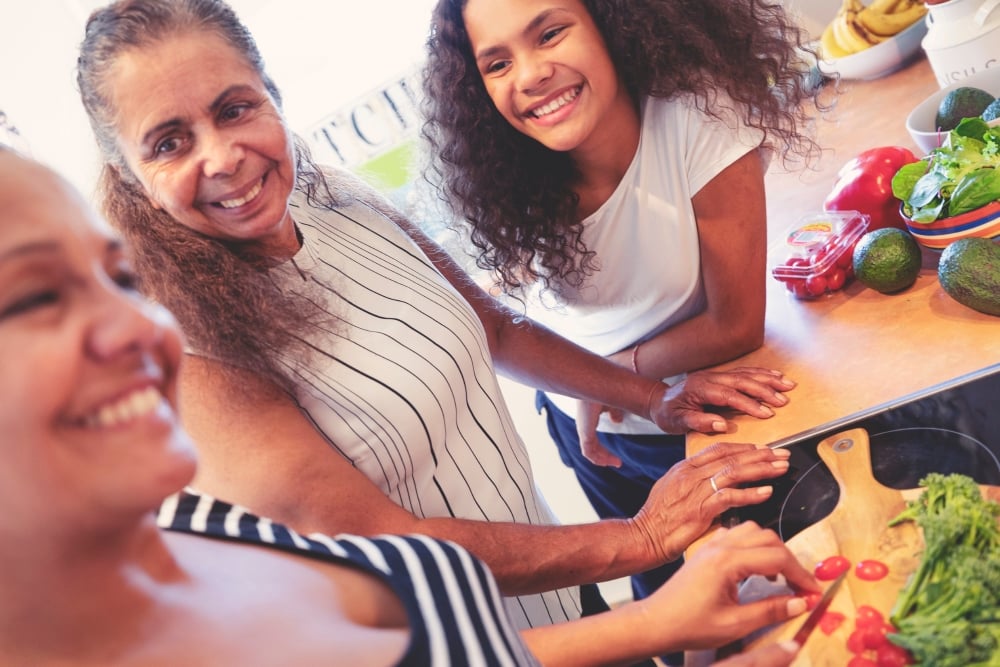
Healthy people, families and communities
Promoting physical, mental and emotional health and wellbeing for all individuals and across all stages of life is key to the creation of inclusive, equitable and prosperous societies.
La Trobe researchers build clinical capability and policy expertise to enhance individual and community wellbeing, reduce disease, and create equitable health solutions for all. Our researchers partner with health research networks, non-profit organisations, industry and government.
La Trobe's research into Healthy People, Families and Communities contributes to the following United Nations Sustainable Development Goals (SDGs)

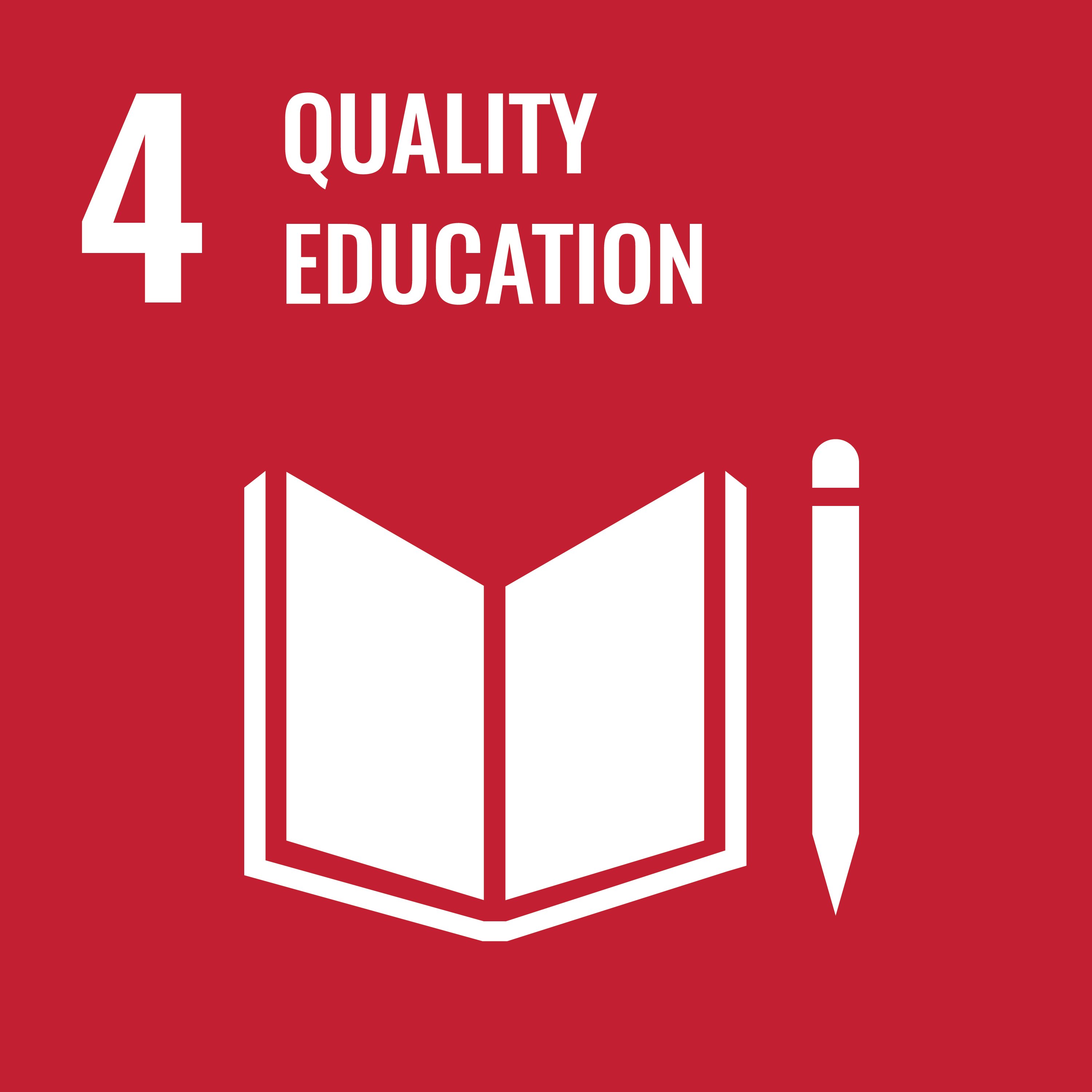
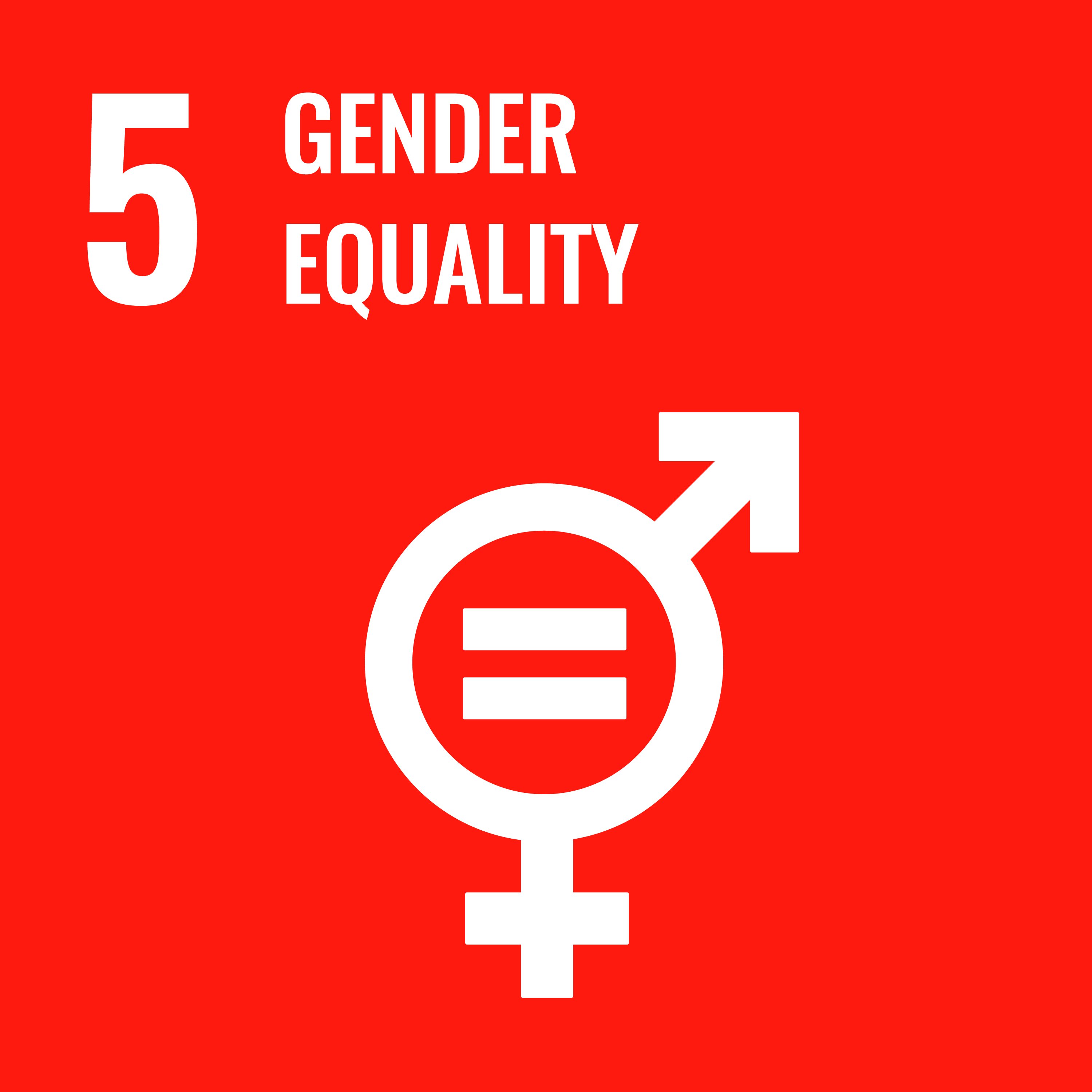

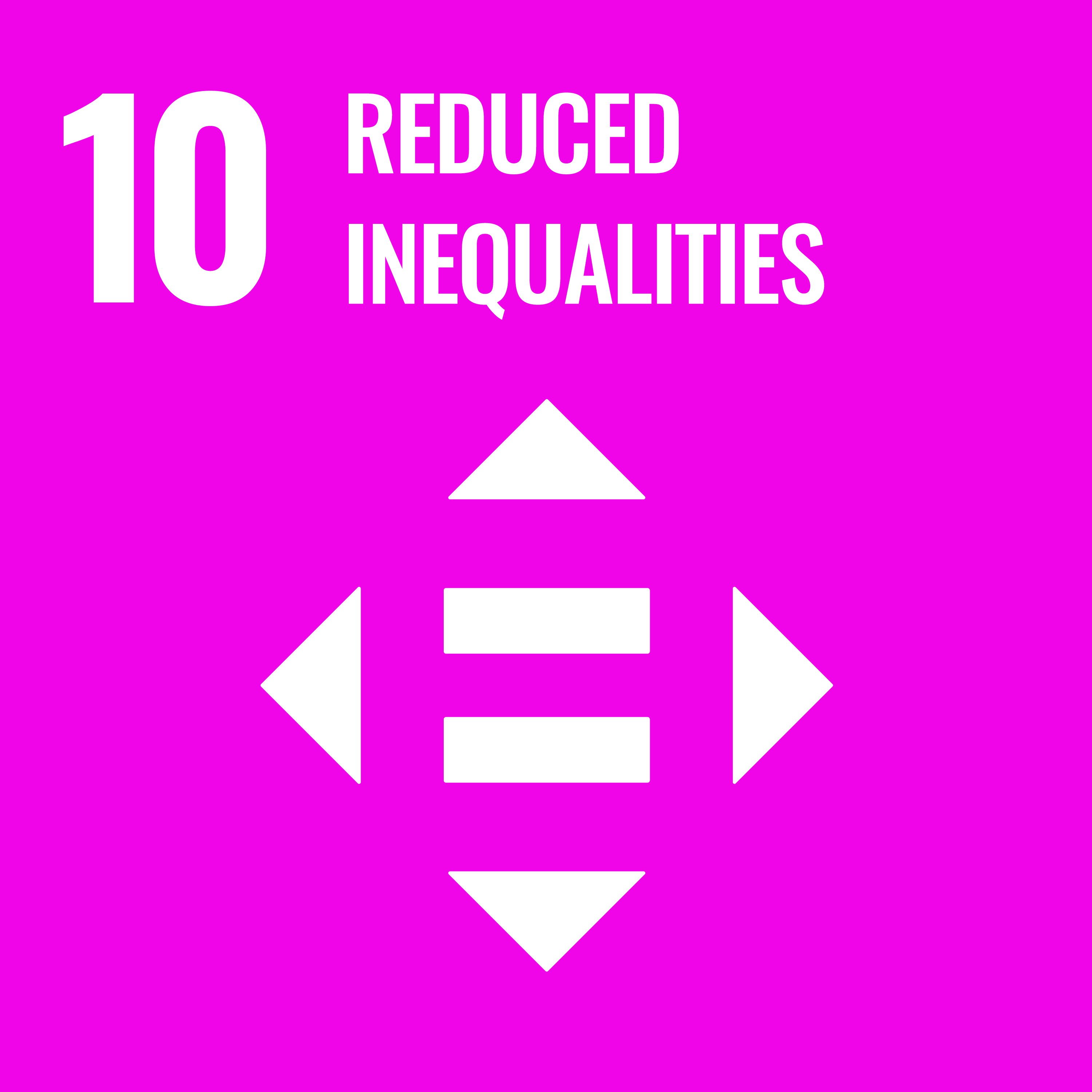

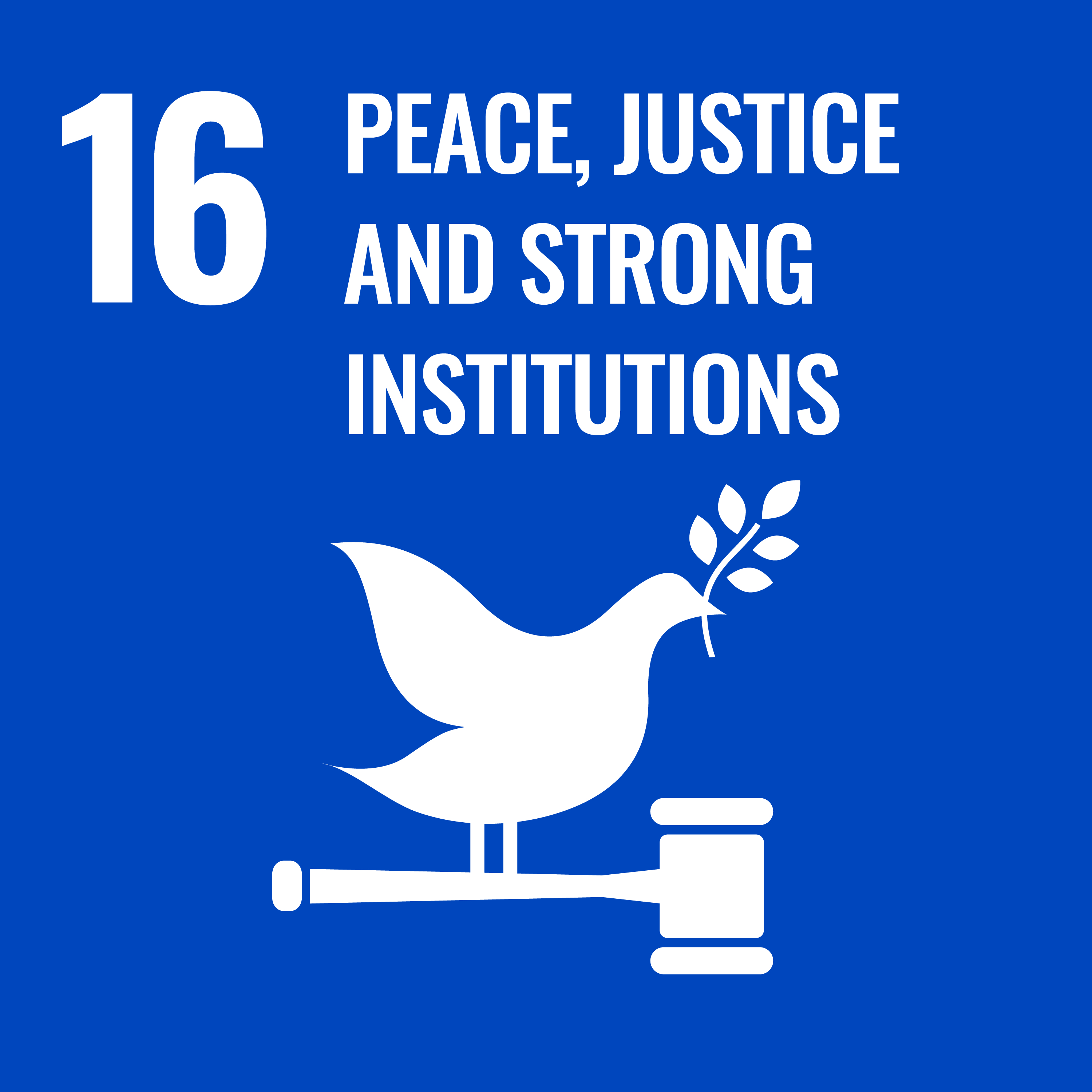
Selected impact stories

Leading Team: Nora Shields, Rachel Kennedy, Georgia McKenzie
One in ten young Australians live with a disability. Despite recognising the benefits of exercise and wanting to participate, many do not attend a gym. Building on the FitSkills program, designed by La Trobe’s Prof. Nora Shields, VicHealth funded GYM-SPARC, provides fitness professionals with practical advice to improve the gym experience of young adults with disability.
GYM-SPARC stands for Getting Young Adults Moving by Supporting Participation and Access to Recreation Centres. GYM-SPARC identified eight social support strategies for gym owners, fitness trainers and health professionals. A range of resources, including industry workshops and posters for display around the gym, are freely available through the GYM-SPARC website.

Leading Team: John Pierce
An estimated 140,000 Australians currently live with APHASIA following a stroke. People with aphasia who do not speak English, are bilingual or are from culturally and linguistically diverse backgrounds face additional disadvantages. A non-English speaking person with aphasia typically receives therapy in English only, as the majority of speech pathologists in Australia are monolingual English speakers. Language therapy resources available in languages other than English are also extremely limited and most often completely unavailable. The result is that non-English speaking and bilingual people with aphasia receive substandard care and minimal language rehabilitation in their preferred language(s), which compromises their recovery compared to English speaking peers. Rehabilitation Speech Pathologist and La Trobe researcher John Pierce – a member of La Trobe’s Centre for Research Excellence in Aphasia Recovery and Rehabilitation – developed a free, online aphasia therapy website in 2013 which allows people to access language therapy for aphasia at no cost, on any device, in multiple languages. With funding from the Telematics Trust, the resource – which already exists in English, Portuguese, Arabic, Spanish, Turkish and Urdu – is being translated into Greek, Vietnamese and Mandarin. In 2023, the site was used by over 47,000 people from 155 different countries in seven different languages. Recent user testing in Germany by a German Masters student, Lena Werner, highlighted the platform’s usability, with 18 people with aphasia evaluating the site. The majority found it enjoyable and easy to use independently, and it received a high usability score. Users reported feeling confident navigating the website after a brief introduction, citing the user-friendly design and clear exercises as ideal for self-guided training. Feedback from Turkish speech pathologists also received positive evaluations on its usability and relevance for their clients with aphasia.
Leading Team: Graham Brown, Jennifer Power, Anthony Lyons, Gosia Mikolajczak
Successful HIV treatments have transformed HIV into a chronic condition. However, research has shown that People Living with HIV (PLHIV) with poor mental health and/or experiencing stigma are less likely to adhere to treatment, and that improving health outcomes through viral suppression does not by itself ensure quality of life. Improving the quality of life of PLHIV is essential for successful lifelong health outcomes and has been prioritised by the Australian National HIV Strategy as well as globally.
Treatment for HIV extends beyond pharmaceutical interventions, to non-medical interventions such as peer programs, community and welfare services, and HIV policy and strategies. But to measure the impact of these interventions, as well as strengthen engagement with people with HIV, requires a scale which is scientifically robust, practical for use in a clinical setting, and seen as relevant by those people living with HIV. With funding and collaboration from the National Association of People with HIV Australia (NAPWHA) and ViiV Healthcare, researcher Graham Brown led a team from La Trobe’s Australia Research Centre in Sex, Health and Society (ARCSHS) to co-develop PozQoL, a validated quality of life measurement scale designed for and by people living with HIV (PLHIV).
PozQoL is free to use and unique in its adoption across clinical, research, policy and community settings. As a result of its development, Australia is now one of the only countries in the world to include a quality-of-life target in its National HIV Strategy, and this target is measured against data collected through ARCSHS’ HIV Futures survey series using the PozQoL scale. The continued expansion and use of PozQoL is being supported by peer organisations, the pharmaceutical industry (ViiV Healthcare and Gilead Sciences), clinical associations, researchers, and clinical and non-clinical practice partners.
PozQoL is used in clinical and community settings as a client reported measure to assess and engage with patients, in research studies and clinical trials, and by community and peer organisations to measure and track the quality of life of HIV-positive clients. The scale has been translated into 30 languages and has been used in clinical research in 11 countries, as well as in community services and clinics across Australia.
Read about how people have benefitted from using PozQoL across the world

Leading Team: Jennifer Oates, Georgia Dacakis, Sterling Quinn
Voice training can be an important part of gender affirmation for trans and gender diverse people. However, prior to the award-winning research conducted by La Trobe’s Prof. Jennifer Oates, Dr. Georgia Dacakis, Dr. Sterling Quinn, and team, there was a limited evidence base for speech pathologists to draw upon when providing this service. This large-scale trial, an international collaboration between La Trobe University, Monash Health, and Sweden’s Karolinska Institute, involved 80 participants undertaking 8-12 weeks of voice training across sites in Melbourne and Stockholm. Its objective was to develop and test a voice training protocol, informed by decades of clinical experience, principles of client centred care, and community perspective, designed to support trans and gender diverse women’s self-expression and well-being.
The program delivered beneficial results as reported by participants, while also enabling a substantial reduction in waiting times for La Trobe’s Gender Affirming Voice Clinic (a no-to-low fee public gender affirming voice training service) while the project was running. Conference presentations, workshops, and training programs have now been delivered to practitioners – within Australia and on international stages – using the detailed training protocols developed and tested in the study to help support the development of this clinical field. An online short course offered by La Trobe – Speech Pathology with Trans and Gender Diverse People – attracted 250+ participants between 2022 and 2024.

Leading team: Ruth Hardman, Evelien Spelten
Managing multiple chronic health conditions can be challenging, especially for those who lack sufficient resources, capacity, or social support. Ruth Hardman’s industry PhD, undertaken with La Trobe School of Rural Health and Sunraysia Community Health Services (SCHS), resulted in a model of care designed for people experiencing both high treatment burden and low personal capacity. A subsequent Violet Vines Marshman Centre for Rural Health Research partnership grant enabled Dr Hardman to undertake a feasibility trial of this model of care. People with chronic health conditions and complex life demands (social, financial, or psychological) were linked to “care coordinators”, healthcare workers trained to provide service navigation and health coaching to build motivation and restore the balance between capacity and life demands.
The 26 clients engaged in the trial reported increased control over health and self-efficacy, improved quality of life scores, and reduction in treatment burden. SCHS are now revising their models of care to incorporate trial learnings, including screening for burden/capacity and embedding care coordination more widely. Two of the three care coordinators continue in this role and the model complements another SCHS/La Trobe initiative, CP@clinic, with cross-referral and sharing of clients.

Leading Team: Andrea Grindrod
While death is often thought of as a medical event, health providers cannot address the non-medical needs of recipients of end-of-life care, or their families, carers and friends. These needs – coordinating personal care, childcare, transport, shopping, food, social connection, pets, funerals - are often the source of significant stress.
In 2016, La Trobe researchers Andrea Grindrod and Bruce Rumbold published the community resource and planning tool Healthy End of Life Program (HELP): offering, asking for and accepting help. The intent of the program was to develop a person-centred, collaborative community culture around end-of-life care, where death is understood as a social rather than medical event, and community support is seen as being as important as medical care. The 3-step planning resource was based around identifying the support needs of carers, family and the person receiving care, mapping personal social networks, identifying gaps in support and mapping community help. In 2020, HELP featured in the World Health Organisation’s Global Atlas in Palliative Care and in 2024, the importance of this form of social prescription was recognised in Standard 2 of the 2024 National Palliative Care Standards as a new service delivery model in palliative care.
With funding from the Wicking Trust and the Victorian Department of Health, and in partnership with Palliative Care Australia, the HELP model has now been digitised into the HELP App. Working with multiple industry partners across Australia, both within and external to the health care system, referrals are made to patients, clients, carers and families to mobilise their social support systems through the HELP App, thereby connecting formal care service delivery with informal community-based care networks. The App allows ‘coordinators’ – often family members of those receiving care, carers or recipients of end-of-life care themselves – to set up digital networks to ask for exactly what they need, through the creation of tasks and for these tasks to be coordinated through the network. It also provides tips and resources to promote and support healthy end of life planning for the maximum benefit.
Networks have been created in every state and territory in Australia, with palliative care, healthcare, social, welfare and community services issuing referrals to use the App, to improve social connectedness, reduce stress and avoid carer burnout and isolation, while supporting out-of-hospital end-of-life care. The data collected via the HELP App is generating a new national community-based end-of-life care dataset, offering fresh insights into how everyday Australians show up and support one another at the end of life. This Palliative Care Social Prescribing Service Model will shape policy and practice, in partnership with the palliative care and health sector, to engage the wider community and increase informal social and practical supports that people receive at the end of life. There are also plans to celebrate stories of community support in end-of-life care through a Citizen Science project.
Over the course of developing the HELP program, Andrea Grindrod has become a lived experience researcher, caring for her husband who has stage 4 terminal cancer. Through a film created at their home, Andrea is using their own experience as a way of promoting the need for people to offer, ask for and accept help.

Leading Team: Miranda Rose
Aphasia, a communication disability following stroke, affects 140,000 people in Australia. Standard treatment methods for aphasia rehabilitation focus on talking and are provided in a low dose/low intensity format. The NHMRC-funded COMPARE study (2015-2020) found Multi-modality Aphasia Therapy (M-MAT) to be more effective than usual care. M-MAT includes other forms of communication such as drawing, writing or gesture and is delivered in a high dose/high intensity format. Conducted in Australia and New Zealand, COMPARE is the largest randomised controlled trial to date comparing two aphasia treatments. The results have been shared in over 20 locations worldwide and a number of countries including Sweden, Brazil, Japan and Canada are now conducting their own trials of M-MAT. M-MAT is recommended in stroke clinical guidelines from the UK, France, Spain and the USA. A telehealth version is under development led by postdoc Dr John Pierce aimed at increasing the reach and take up of this effective intervention. In 2024, Rose was recognised with the international Robin Tavistock Award for her contribution to aphasia recovery.

The Suicide Response Project (SRP) was funded by a Suicide Prevention Australia Suicide Prevention Research Fellowship awarded to A/Prof Darren Hedley.
Leading Team: Darren Hedley, Carina Chan, Karien Hill, Josephine Barbaro, Mick Leahy
Suicide is an issue which affects the Autistic and LGBTIQA+ communities in particular, as they can face unique challenges when it comes to mental health, often due to a lack of understanding. A multi-disciplinary team of experts at La Trobe University, along with people with lived experience of the challenges faced by Autistic and LGBTIQA+ communities, co-designed the Suicide Response Project website, which was launched in 2021 at the “Health, Wellbeing and Suicide Prevention in Autism” conference hosted by La Trobe University’s Olga Tennison Autism Research Centre.
The resources on the website - including 12 free modules, animated videos and downloadable fact sheets – are underpinned by Dr Karien Hill’s PhD research (supervised by A/Prof Carina Chan) on adapting the Bystander Intervention Model, which is highly effective at motivating people to act when a friend or family member is at risk of suicide. The website provides support to those at-risk from the Autistic and LGBTIQA+ communities focussed on knowledge-building and effective intervention techniques, and tips on how to detect and respond to suicide risk in others in a safe and supportive way.
In 2023, these resources were adapted and published on the R U OK website as ‘Tips to Help Support Neurodivergent People’, with videos covering myths, risk factors, warning signs, and who and how to help.

La Trobe student and Olympian Laura Paeglis
Leading Team: Kane Middleton and Danielle Vickery-Howe
In competition, elite archers are typically required to shoot at 70 metres, but when firing in a controlled setting such as a laboratory for the purposes of testing and biomechanical and performance analysis, the facilities often only allow for a far shorter range, which can limit the validity of the analysis. The facilities at La Trobe sports stadium, however, allow archers to fire from the lab up to 70 metres across a soccer pitch, collecting data which far more closely mimics competition. Seven elite Australian archers – including La Trobe student and Olympian Laura Paeglis – attended La Trobe in May 2024 for a series of fatigue testing, technical progression and injury prevention sessions led by La Trobe researcher Kane Middleton and Alice Ingley, the Head Archery Coach at the Victorian Institute of Sport. As Ingley stated ‘[La Trobe] definitely have the best set up with force plates and shooting outdoors for the 70 metre range’. The analysis protocol included the use of force plates to measure posture and balance, as well as a motion capture camera system to record biomechanics, with the data then available to coaches to design a training intervention. This was a collaborative project supported by performance staff Aaron Balloch and Milli Bilson from the Victorian Institute of Sport and extends the work completed by Damien OMeara from the New South Wales Institute of Sport.
